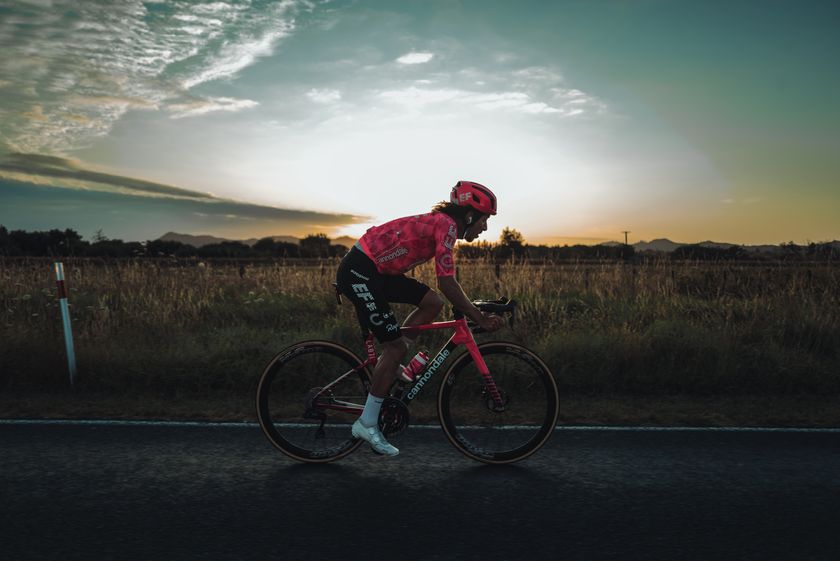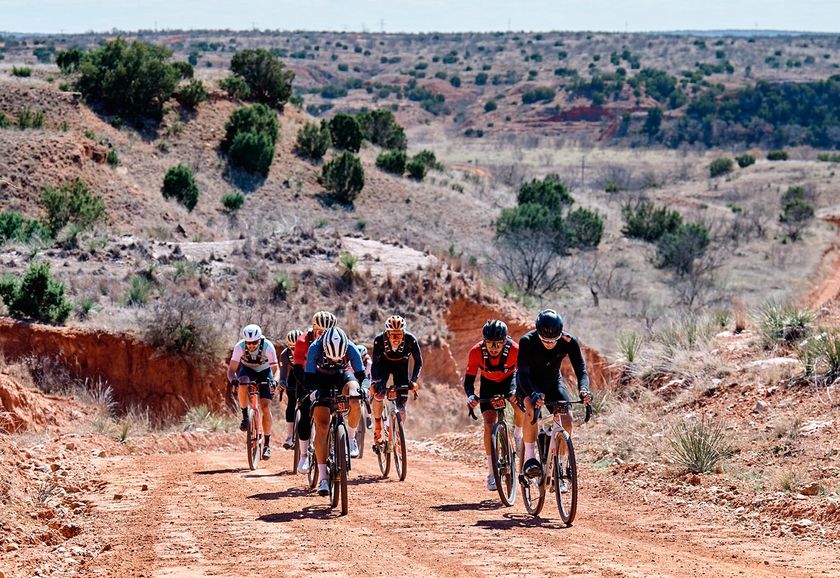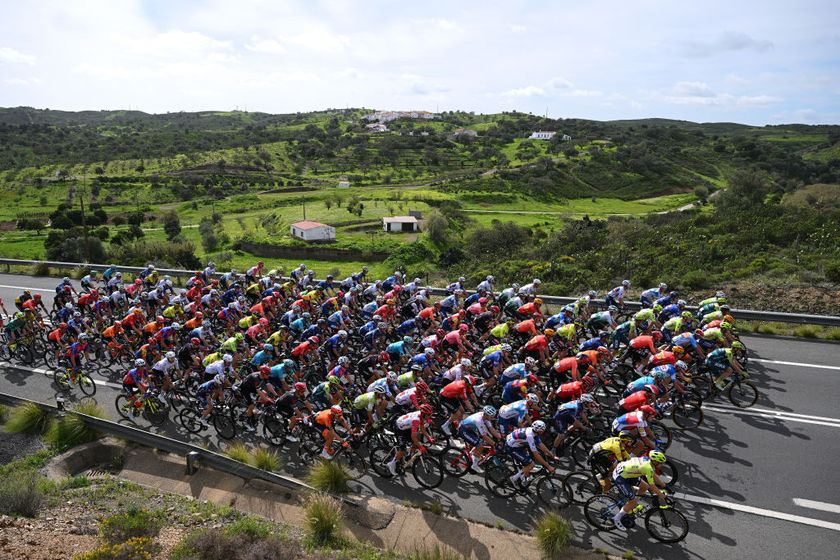Chris Froome determined to keep plugging away in Giro d'Italia
Briton loses another 40 seconds but rules out abandoning




A few hundred metres behind the finishing line at Osimo, Chris Froome (Team Sky) went through his usual post-stage warm-down after what had proved, yet again, to be a difficult day for the Briton at the Giro d'Italia office.
Chris Froome: If you have a bad day, that's what happens at the Giro d'Italia
Portal: Chris Froome's battle to win the Giro d'Italia continues
Chris Froome: Giro d'Italia victory is not likely but stranger things have happened
Yates soars, Froome flops - Giro d'Italia rest day podcast
Chris Froome 'feeling better' after tough Giro d'Italia stage
Contador: Froome and Aru can no longer win the Giro d'Italia
At the foot of the ascent into Osimo, Froome could be seen at the back end of the group of favourites, visibly struggling to stay in contact. A few moments later, he was dropped and forced to move into damage limitation mode.
In the space of barely a kilometre, by the time he crossed the line, Froome had lost exactly 40 seconds on Yates, the biggest time gap of all the top favourites on the ascent through Osimo's narrow, paved streets. Overall, Froome is now 3:20 down on his fellow-Briton, and as a result, he has moved back out of the top 10 in the general classification, down to 12th place.
Froome's current scenario does not bode at all well for the four-time Tour de France winner. But as the Giro d'Italia reached its midway point on Wednesday afternoon, the Team Sky leader remained determined that he can turn things around in the coming days.
"There was a crash in the final, I got stuck behind that, it caused a little bit of gap in the peloton and from there I was chasing all along the flat," Froome explained to a small group of reporters.
"Then we hit the final kick, I just didn't have the legs to get over to the front guys after that."
This is the third time Froome has lost time on a summit finish in this year's Giro d'Italia and his pre-race top favourite status crumbles a little more with each setback. But Froome insisted that he would keep going in the race despite the challenges.
Get The Leadout Newsletter
The latest race content, interviews, features, reviews and expert buying guides, direct to your inbox!
"We've seen how quickly things can change for the GC riders, so we just have to keep plugging away and trying to do everything we can," Froome insisted.
"I'm getting there, day by day. I'm not 100 per cent, obviously, after all the issues I've had on the right side of my body. But I'm getting there and I'm optimistic I'm going to come right. There are still some really hard stages to come."
Froome's determination to continue was clear, pointing out that, amongst other factors, so far he had raced little this year and "it's good to get the racing in."
But he did not attempt to hide that he still felt off-balance when pedaling because of the impact of the crash in Jerusalem, saying "yes, a little bit," when asked he still felt out of kilter when riding.
Talking earlier to Eurosport, Froome said: "I'm not going to lie, that crash took a lot out of me." Having confirmed he was still suffering pain in his right side from the impact of the fall in Jerusalem, Froome reflected, "In this game, if you are not at your absolute best you can't hide, or you can only hide for so long, which we've seen.
"But I feel that I've been progressing through the race, still just chipping' away and I'm hoping to do the best I can."
Froome will now have two long, but relatively straightforward and flat days in the saddle as the race heads northwards, before the next big mountain stage, finishing on the Zoncolan. Should he lose more time on the GIro's most difficult climb, the question marks over Froome's GC challenge will loom larger than ever.
Alasdair Fotheringham has been reporting on cycling since 1991. He has covered every Tour de France since 1992 bar one, as well as numerous other bike races of all shapes and sizes, ranging from the Olympic Games in 2008 to the now sadly defunct Subida a Urkiola hill climb in Spain. As well as working for Cyclingnews, he has also written for The Independent, The Guardian, ProCycling, The Express and Reuters.
Most Popular









